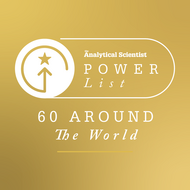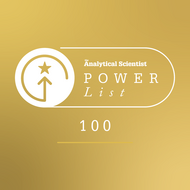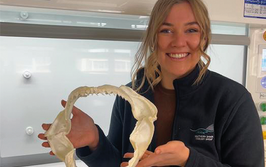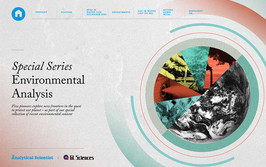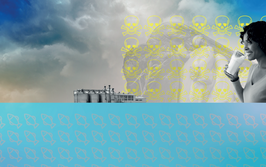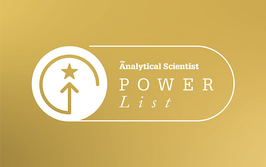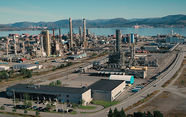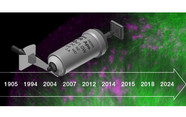Anthony Gachanja
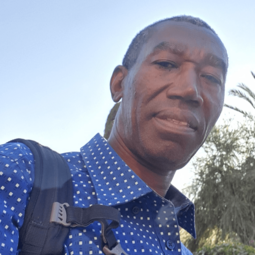
Professor of Analytical and Environmental Chemistry, Jomo Kenyatta University of Agriculture and Technology, Kenya
Qualities of a successful mentor or educator? To be a mentor, you need to be a good listener, have patience, and be able to put yourself in the mentee's shoes. It’s important to understand their current situation, level of exposure, knowledge bank, and what resources are available to them. By aligning with them, you’re in a position to give guidance for their scientific career. Sharing your knowledge and contacts can also boost their progression.
Biggest challenge facing the field? A major challenge in science today is inclusivity for all – including major limitations in availability of facilities for scientists in developing countries. Without the ability to experiment and interact with scientific ideas, it is difficult to explore new territories. Science across YouTube is fantastic – providing opportunities to indulge firsthand, but lab work is still essential for that Eureka moment within research studies. Setting Centers of Excellence is a great step forward – setting up science camps for different grades of learners will keep the fire of science exploration burning.
The decade’s most important development? The development of high-resolution measurements of mass and magnetic resonance, which is cross-cutting for all areas of science. To retain talented scientists into the future, such facilities must be made accessible everywhere – including resource starved counties. Scientists across the world should have the same opportunities to contribute to solving world problems.
